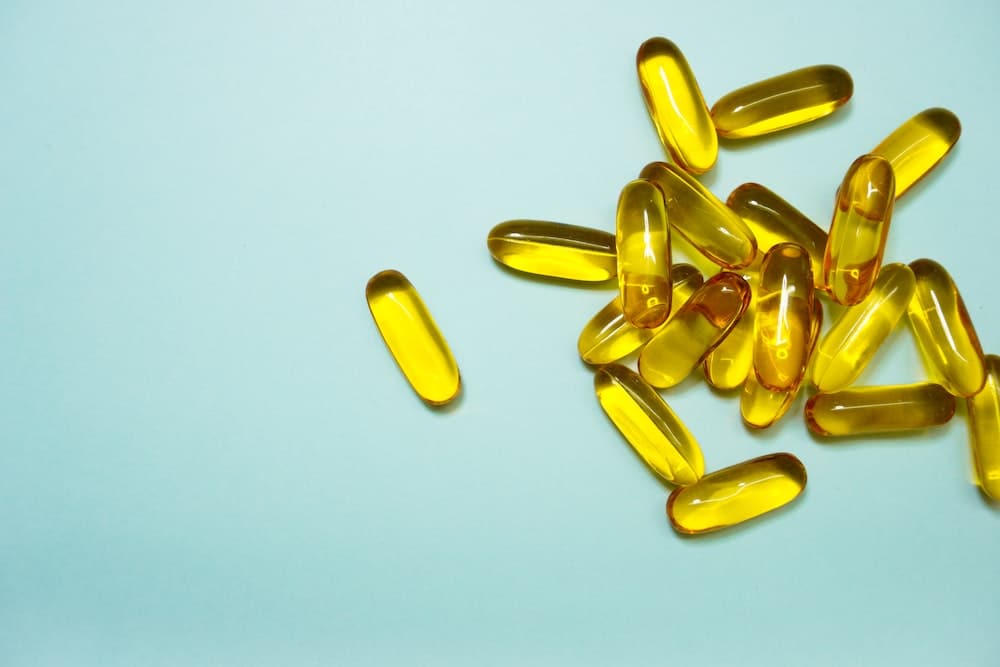When it comes to dietary support, there are few more proven and safe supplements than quality fish oil. Omega-3 fatty acids are often considered the main selling point of the supplement, as their benefits include healthier skin, eyes, and inflammation reduction. It’s also known as being particularly helpful for long-term cardiovascular health.
As February is American Heart Health Month, there’s never been a better time to adopt practices that benefit your heart like fish oil. The supplement comes in a wide range of options though, so knowing what and where to look is important before adding them to your daily supplement intake routine.
As with any health choice, it’s always a good idea to consult trained experts for advice before making any decision. At Community Pharmacy, we’re always here and happy to help guide you to the right product to fit your health needs
Key Indicators of Quality Fish Oil
The human body does not produce fatty omega-3 acids naturally, but all the cells from muscles to brain tissue benefit from the presence of these essential fats. When looking for a fish oil supplement, the three primary ingredients to keep an eye out for are:
- Docosahexaenoic acid (DHA)
- Eicosapentaenoic acid (EPA)
- Alpha-linolenic acid (ALA)
When choosing a fish oil supplier, look for ones that contain a balanced combination of DHA, EPA, and ALA levels. Additional indicators that you’ve found a quality fish oil source are third-party certification of efficacy, and clearly labeled harvesting sources in terms of water quality and fish type.
Find Your Fish Oil Dosage & Type
Once you find a brand of fish oil that has a healthy balance of omega-3 acids, the next step is to be mindful of dosage, usually measured in milligrams (mg).
Fish oil dosages can vary significantly in tablet, softgel, and liquid form, and usually, only half of the total amount is the all-important DHA, EPA, and ALA chemicals our bodies need. In a 1,000 mg tablet for example, anywhere between 250-500 mg of DHA, EPA, and ALA can be found, which aligns with standard needs, while the other half is other helpful but less important supplements for heart health.
For typical adult males, the total recommended dosage of fish oil is around 1,500 mg per day. For women, this level drops to around 1,000 mg. Most people will gain the support they need with just a single serving, but those whose diet severely lacks these key fatty acids might require two to give their bodies the support they need.
Alternative formats like liquid and tablet forms exist, but users should read the supplement instructions carefully to understand the serving size as they relate to their needs. Regardless of format, once opened, keep these supplements in the refrigerator to prolong their usefulness and retain freshness.
While fish oil overconsumption poses no serious health risks, going over 3,000 mg can lead to mild halitosis, nausea, and digestive issues.
If you are concerned or confused about how much fish oil to take per day, then contact a Community Pharmacy team member, and our team can recommend a supplement that’s sure to meet your dietary needs.
Hook a Fish Oil That Feels Good
If you aren’t a fan of seafood, but still want all the health benefits of a varied, balanced diet, then finding a fish oil supplement is a surefire way to shore up your body’s omega-3 needs.
Come visit us at Community Pharmacy today to find and stock up on your fish oil supply. In doing so, you give your heart, skin, and overall health an easy, effective tool to feel and look your best.

